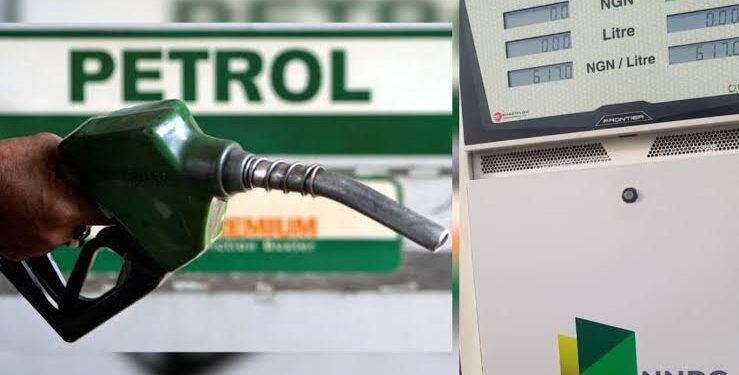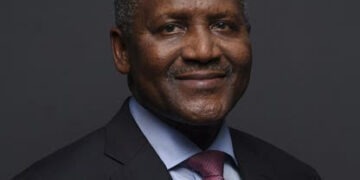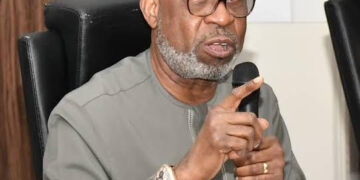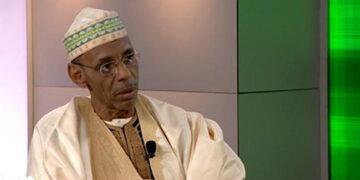The National Bureau of Statistics (NBS) has recently announced a considerable increase in the average retail price of a litre of premium motor spirit (PMS), commonly known as petrol, across Nigeria. According to the latest report from the bureau, titled ‘Premium Motor Spirit (Petrol) Price Watch (September 2024)’, the price of petrol reached N1,030.46 in September. This report, which was released on October 17, indicates that the average price saw a notable jump when compared to the same period in the previous year.
The NBS report highlights that the price increase over the last year has been particularly steep. Specifically, the pump price of petrol has risen by 64.5 percent compared to September 2023, when the price stood at N626.21 per litre. This marks a substantial year-on-year increase, reflective of broader economic changes and policy shifts that have occurred over this time. Moreover, the report provides a month-on-month comparison, stating: “Likewise, comparing the average price value with the previous month (i.e. August 2024), the average retail price increased by 24.08% from N830.46.”
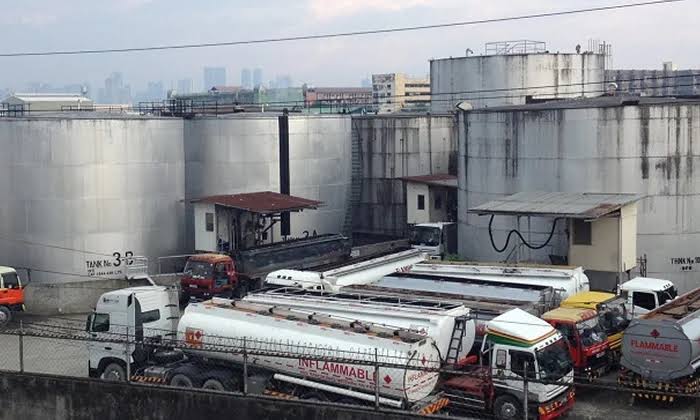
The report also included a detailed analysis of the retail prices across various states in the country, showing noticeable disparities in petrol prices from one state to another. The state of Katsina was reported to have the highest average retail price for petrol, where residents were paying an average of N1,096.15 per litre. Katsina was followed closely by Ebonyi, with an average price of N1,090.94, and Akwa Ibom, where the price stood at N1,085.71 per litre. These states saw some of the highest prices in the country, indicating regional differences in the pricing of this essential commodity.
On the other hand, there are states where the price of petrol remained relatively lower. Yobe, Sokoto, and Kebbi States were listed as having the lowest average retail prices for petrol. Specifically, Yobe recorded an average price of N939.38 per litre, while Sokoto’s average was N961.67, and Kebbi’s stood at N986.67. These figures reflect a variation in fuel prices across the nation, influenced by factors such as distribution costs and local market conditions.
The NBS also provided a zonal breakdown of the average petrol prices, highlighting regional trends across the country. The North-West Zone recorded the highest average retail price of petrol at N1,036.52 per litre. In contrast, the North-East Zone had the lowest average price, at N1,014.55 per litre. This zonal analysis provides further insight into how petrol prices are distributed across different regions of Nigeria, reflecting the economic landscape and infrastructure challenges within these areas.
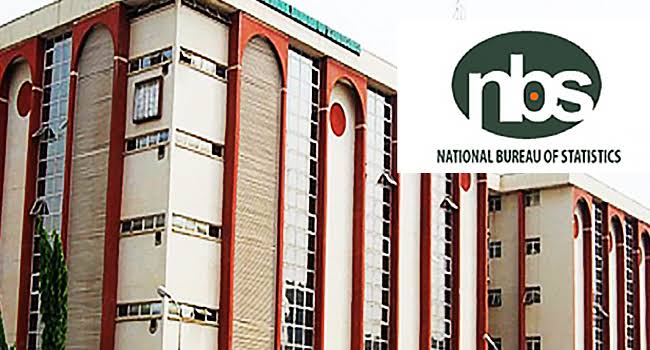
This news comes shortly after the Nigerian National Petroleum Company (NNPC) raised the price of petrol on October 9. In Lagos, the NNPC increased the price to N998 per litre, while in the capital city of Abuja, the price was set slightly higher at N1,003 per litre. The price hikes have generated widespread concern, especially among the country’s working-class population, who rely heavily on petrol for transportation and daily activities.
Reacting to these developments, the Nigeria Labour Congress (NLC) voiced its opposition to the price increases. The NLC, which has been actively involved in discussions surrounding workers’ wages and economic conditions, expressed dismay over the timing of the petrol price hike, especially in light of the recent approval of a N70,000 minimum wage for workers. The labour union described the price hike as “inimical” to the newly approved wage, emphasizing that the higher cost of petrol would erode the purchasing power of workers, making it difficult for them to cope with the rising cost of living.
The situation took another turn on October 16 when the House of Representatives addressed the issue. During a session, lawmakers called on the federal government to take immediate action to reverse the petrol price increase. The House expressed concerns over the impact of the price hike on ordinary Nigerians, pointing out that the sharp rise in petrol costs could worsen the economic hardship faced by many citizens. The call for a reversal reflects growing concerns about the burden the increased petrol prices are placing on the populace, particularly those with lower incomes.
As discussions continue around these price increases and their broader implications, it is clear that the removal of subsidies and other economic measures have had a deep impact on the cost of fuel in Nigeria. The decision to remove petrol subsidies, while aimed at reducing government spending and encouraging market-driven pricing, has had immediate and wide-reaching effects on consumers. With the sharp rise in petrol prices, many Nigerians are feeling the strain as transportation costs and the prices of goods and services rise correspondingly.
The debate surrounding the petrol price hike and its effects on the Nigerian economy is likely to continue in the coming months, as stakeholders from various sectors weigh in on the matter. Many have called for a more phased approach to subsidy removal to lessen the financial blow on the average Nigerian, while others argue that the government needs to find alternative ways to support its citizens during this period of transition.


